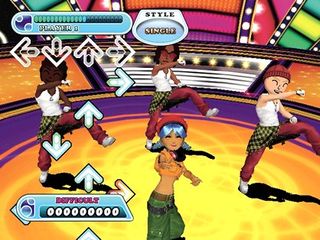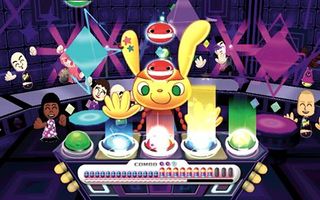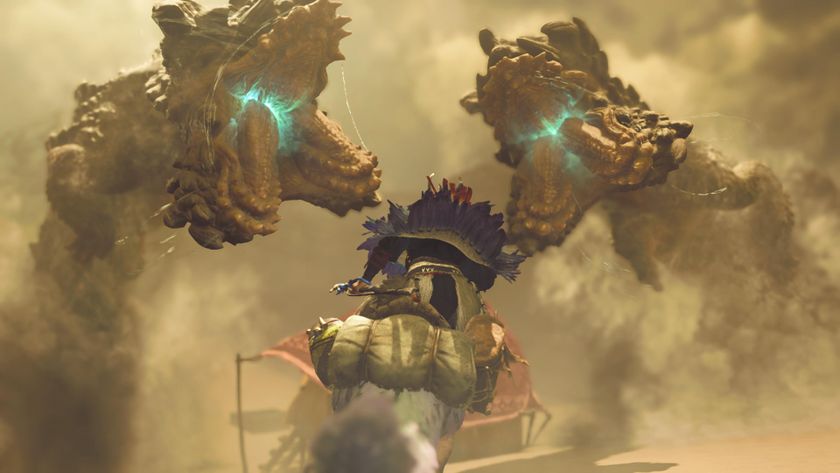So the public is lapping up the games and the record labels (if not necessarily all of their artists) love it because it’s good for business at a time when they’re struggling to make the transition to digital distribution a profitable one. We have to agree with Llewellyn’s point about artists, established and new, popular and obscure, are getting exposure to new audiences. Is there much difference between hearing a song in a game or on the radio? If it (ahem) strikes a chord with you then you’re likely to look for more of that artist’s material.

Another point we asked our music industry experts to consider was the effect they think Guitar Hero and Rock Band are having on kids learning real instruments and forming their own bands. “Obviously they’re only offering a very pale facsimile of actually playing a real guitar, without any of the hard work involved,” says Needham. “In that way it seems pretty custom-made for the times.” A pretty withering verdict right there.Try nailing Through the Fire and Flames on Expert and try saying that’s not hard work… However, he adds that: “I think the people who have a predilection to form bands will continue to do so as it’s not a real substitute for being a musician. You can’t write your own songs on it and genuinely express yourself.”
Sian Llewellyn is of a similar mind. “As a rock fan and a guitarist who’s spent years learning to play the damn thing, it is kind of galling that people maybe will get discouraged from the real thing,” she says. “However, I think it’s more likely to encourage gamers to enjoy music on a wider level rather than deter those who would have the inclination to learn an actual instrument. Ultimately, there’s nothing like plugging in a real guitar and making a racket yourself.”
Jimmy Page of much-loved crusty rock outfit Led Zeppelin doesn’t reckon gamers can learn anything about playing real instruments through the games. “You think of the drum part that [Zep drummer] John Bonham did on Led Zeppelin’s first track on the first album, Good Times Bad Times,” he’s said. “How many drummers in the world can play that part, let alone on Christmas morning?” Zeppelin have been pretty vocal about their reluctance to have their tracks appear in the game. What a bunch of spoilsports, eh?

We’ve already heard how EMI are fans of the game. What do they think about the impact the games will have on potential stars of tomorrow? “Playing a game like Guitar Hero or Rock Band is fantastic fun and a very accessible way of interacting with music,” enthuses Hywel Evans. ”But once you’ve dipped your toe in the musical water nothing beats picking up a guitar or getting some drums and getting creative. Nailing Iron Maiden’s The Trooper on Hard might be satisfying, but I bet it doesn’t come close to standing with your mates performing one of your own songs to a stadium packed with fans who are singing along with you.”
The music world has always been one of changing formats – vinyl to cassette to CD to MP3 – but despite the immense popularity of music games, playing on a set of plastic instruments for high scores is never going to replace the real thing. If you’re born with any natural musical ability then not only are we childishly jealous of you, but you’re also not going to settle for imitations – you’re going to learn how to play an instrument.

Guitar Hero and Rock Band certainly introduce new bands to new audiences. Many think that can only be a good thing for the musicians. Whatever your opinion of them, the music game bandwagon shows no sign of slowing down. Rock on.
Sign up to the GamesRadar+ Newsletter
Weekly digests, tales from the communities you love, and more
Jul 21, 2009


The History of Music Games
Because when did it all get started, really?

Guitar Hero: World Tour vs Rock Band 2
A duel to the death of the bigs in music games












